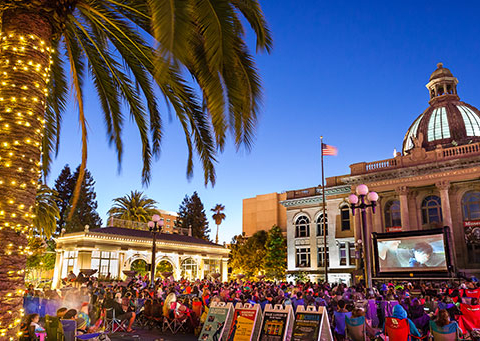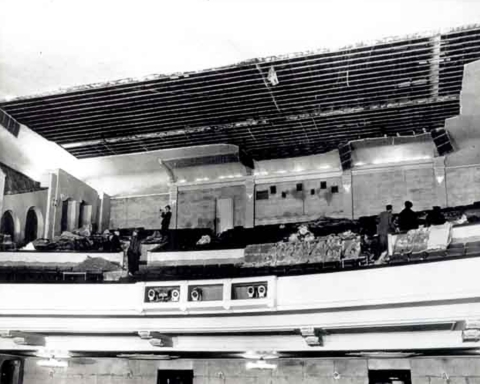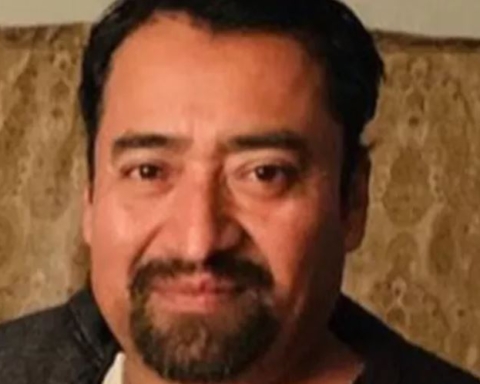As elections go, 2018 could be one we will all remember for years to come, the circumstances of this election being unusual in one aspect and unique in another.
First, uniquely, it will be vote by mail general election as a result of the California Voter’s Choice Act, authored by Assemblyman Kevin Mullin, D-South San Francisco. Voters still will be able to cast ballots at voting stations around the county, but the great majority of votes will be cast by mail.
Second, of San Mateo County’s 20 cities, 16 are holding council elections, having consolidated the local races with the statewide general election in November under threat of legal action.
The expectation among elections officials and most political analysts is that these two changes will result in higher-than-usual voter turnout, but no one really knows with any degree of certainty.
What is certain is that the changes put the city council candidates in a substantially different and potentially uneasy posture to these local campaigns.
Candidates rely on lists of likely voters – those who have voted in the last three or four elections – as a way of targeting their campaign efforts only to those most likely to show up and vote. Because every registered voter will get a ballot, it means the campaign has to take into account less-than-the-likeliest voters. The candidates who campaign door-to-door, which is most of them, will be in the uncomfortable position, perhaps, of walking past homes that may now contain someone who is more likely to vote this time, or expending more time and resources reaching out to voters with only sporadic participation records.
The consolidation with the statewide general election will mean substantially more voters at the polls than in the off-year cycle, historically an election with an abysmal turnout. But after they vote in the high-profile races of governor, U.S. senator, other statewide offices, legislative and congressional offices and statewide and regional ballot measures, how many voters will stick around to vote on the city council races?
Years past, when some local elections were consolidated with general elections, the number of votes cast in city council races tended to be the same as in an off-year.
The real change comes in the opportunities and the challenges these changes present. Candidates will struggle to be heard over the cacophony of a statewide election, particularly in a year when the political discourse is noisier than ever and many voters feel much is at stake.
On the other hand, the consolidated election is an opportunity for a creative candidate to make the pie bigger, to bring to the election new voters.
REDDY AND WILLING: It took a while to catch up with the other announced Redwood City City Council challenger, Diana Reddy, who, it turns out, is counting on the consolidated election to accrue to her benefit.
Self-described “social justice person” and housing advocate, Reddy is a former administrative assistant at the Sequoia Union High School District, former co-chair (twice) of the social justice activist organization Peninsula Interfaith Action (now Faith in Action), former member of the city’s Housing and Human Concerns Committee and a member of the Housing Leadership Council. She’s also a familiar sight at local labor picket lines, advocating for workers’ rights.
In an interview with Political Climate, she said the campaign issues will be education, health care, housing and transportation and how those issues affect the ability of some to remain in the community.
By background and passion, her focus is on housing for those who feel pushed aside and left out of the boom that has occurred in the last decade. While the city has over-achieved in building market-rate housing, it is far behind where it should be in building below-market and affordable housing, she said.
“San Mateo County has the lowest percentage of affordable housing of all the Bay Area counties, yet we are the wealthiest of those counties,” Reddy said. “It is important to me to fill the void we have in our community.”
She is counting on the consolidated election to bring out voters who don’t fit the profile of a typical likely voter, who is white, more than 50 years old and upper middle-class property owner.
“This is an opportunity for me to go into neighborhoods where they’re not used to candidates coming to their door,” Reddy said.
FAMILY MATTERS: In a truly rare turn of events, all three incumbents up for re-election this year in San Carlos will not be running, a complete turnover of the majority of the council.
In a city that prides itself on being family oriented – in late January for nearly a decade, the city has held a Week of the Family with special events and contests – two of the council members cite the demands of family as the reason not to seek reelection.
Vice Mayor Cameron Johnson told Political Climate that his first term will be his only term. He has two children, a 7-year-old daughter and a 4-year-old son, and both are entering critical ages where the presence of an attentive father is of incalculable importance. Add to that the demands of his job as director of Product Innovation at Netflix and serving on the council “just takes up a tremendous amount of time. … Where’s my highest responsibility?” In five years, his daughter will be 12 “and I don’t want to miss those years.”
He said he “feels good” about the job he has done on the council, and he hopes to play a key role in the formation of a San Carlos Community Foundation he led the effort to establish with $2 million from a $6 milli9on settlement with PG&E over a faulty gas line.
At the council organizational meeting in mid-December, 16-year incumbent and contrarian Matt Grocott bowed out of consideration for mayor or vice mayor and subsequently indicated he would not run for another term. Grocott said he wants the freedom to devote time and attention to his 15-year-old son, an activity he says speaks to his sense of “the full measure of a man.”
Mayor Bob Grassilli, re-elected mayor for the extra year necessitated by the election consolidated, has said publicly that he will not run again.
As you might expect, these decisions already are prompting several candidates to step up timelines.
AFTER HILL: State Senator Jerry Hill is widely regarded as the model for a candidature who announces early, works hard and effectively closes out possible opposition.
Now, Hill is termed out and among Redwood City City Councilwoman Shelley Masur hopes to emulate the senator, who can be described as outgoing in more ways than one. Masur formed a fundraising committee last week and she expects to spend most of this year “putting some building blocks in place” and listening to voter concerns.
Masur is barely halfway through her first term on the council. She ran countywide for the Board of Supervisors, losing to Warren Slocum, and she served 10 years on the Redwood City School District Board.
The legislative office affords a better venue to tackle the issues affecting her community and about which she is passionate: public health, housing and transportation.
Supervisor Dave Pine confirmed in other publications he is looking at running for the Senate. A prior column mentioned Menlo Park City Councilwoman Kirsten Keith as a rumored candidate, but she told Political Climate she is running for re-election and is “not interested” in running for the Senate seat.
Contact Mark Simon at mark@climaterwc.com.






